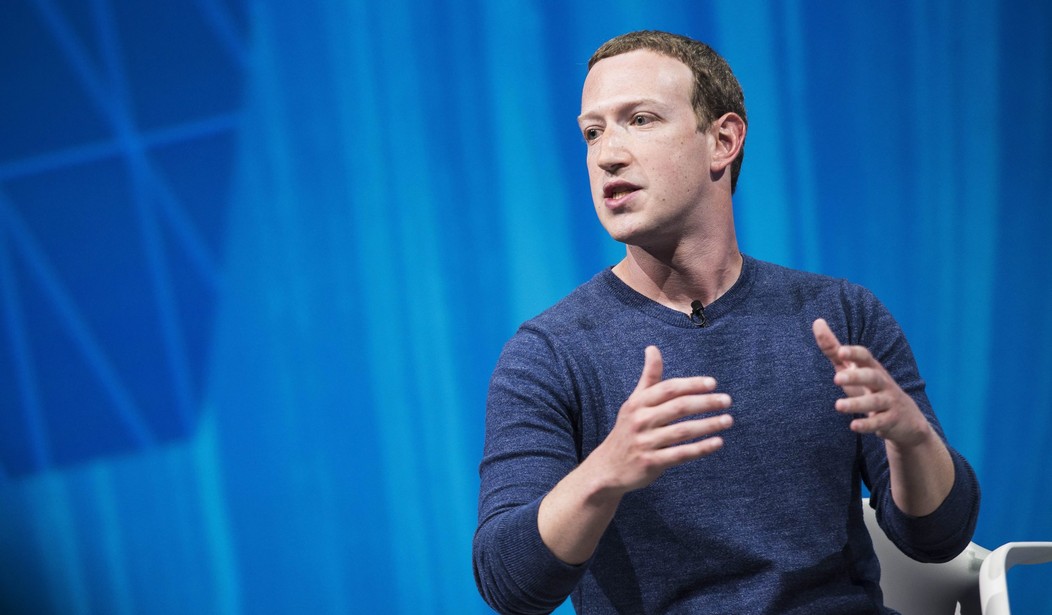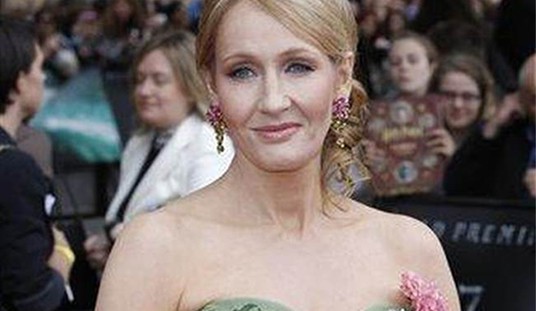Facebook CEO and founder Mark Zuckerberg argued that Holocaust deniers wouldn’t meet the threshold of having their content removed because he doesn’t “think that they’re intentionally getting it wrong” and it’s “hard to impugn intent.”
“The approach that we’ve taken to false news is not to say, you can’t say something wrong on the internet. I think that that would be too extreme. Everyone gets things wrong, and if we were taking down people’s accounts when they got a few things wrong, then that would be a hard world for giving people a voice and saying that you care about that,” Zuckerberg said in an extensive interview today on the Recode Decode podcast. “But at the same time, I think that we have a responsibility to, when you look at… if you look at the top hundred things that are going viral or getting distribution on Facebook within any given day, I do think we have a responsibility to make sure that those aren’t hoaxes and blatant misinformation.”
“That’s the approach that we’ve taken,” he added. “We look at the things that are getting the most distribution. If people have flag them as potential hoaxes, we send those to fact-checkers who are all well reputable and have followed standard principles for fact checking, and if those fact checkers say that it is provably false, then we will significantly reduce the distribution of that content.”
Asked why Facebook moves that content down in the News Feed instead of booting it off the site, the Facebook boss replied, “Look, as abhorrent as some of this content can be, I do think that it gets down to this principle of giving people a voice.”
To meet the threshold of removing fake news, he said, “I think if you were trying to argue on the side of basically the core principle of keeping the community safe, I think you would try to argue that the content is somehow attacking people or is creating an unsafe environment.”
Zuckerberg agreed that outlets such as InfoWars claiming the Sandy Hook school massacre was a false operation with child actors are expressing a false belief. “I also think that going to someone who is a victim of Sandy Hook and telling them, ‘Hey, no, you’re a liar’ — that is harassment, and we actually will take that down,” he said. “But overall, let’s take this whole closer to home. I’m Jewish, and there’s a set of people who deny that the Holocaust happened. I find that deeply offensive. But at the end of the day, I don’t believe that our platform should take that down because I think there are things that different people get wrong. I don’t think that they’re intentionally getting it wrong.”
“In the case of the Holocaust deniers, they might be, but go ahead,” the interviewer interjected.
“It’s hard to impugn intent and to understand the intent,” Zuckerberg continued. “I just think, as abhorrent as some of those examples are, I think the reality is also that I get things wrong when I speak publicly. I’m sure you do. I’m sure a lot of leaders and public figures we respect do too, and I just don’t think that it is the right thing to say, ‘We’re going to take someone off the platform if they get things wrong, even multiple times.’ What we will do is we’ll say, ‘Okay, you have your page, and if you’re not trying to organize harm against someone, or attacking someone, then you can put up that content on your page, even if people might disagree with it or find it offensive.’ But that doesn’t mean that we have a responsibility to make it widely distributed in News Feed.”
In cases of fake news being spread to stoke sectarian violence in Myanmar, he said Facebook has a responsibility to remove that content “because that creates an imminent harm.”
“We’ve significantly ramped up the investment in people who speak Burmese,” he added. “It’s often hard, from where we sit, to identify who are the figures who are promoting hate and what is going to… which is the content that is going to incite violence? So it’s important that we build relationships with civil society and folks there who can help us identify that.”
Zuckerberg stressed that he wants to “make sure that our products are used for good.”
“At the end of the day, other people blaming us or not is actually not the thing that matters to me. What matters to me is how are people using our services, and are we acting as the force for good that I know we can and have a responsibility to [be],” he said. “It’s not that every single thing that happens on Facebook is gonna be good. This is humanity. People use tools for good and bad, but I think that we have a clear responsibility to make sure that the good is amplified and to do everything we can to mitigate the bad.”
Zuckerberg later emailed podcast host Kara Swisher to clarify his remarks.
“I personally find Holocaust denial deeply offensive, and I absolutely didn’t intend to defend the intent of people who deny that,” he wrote. “…These issues are very challenging but I believe that often the best way to fight offensive bad speech is with good speech.”









Join the conversation as a VIP Member